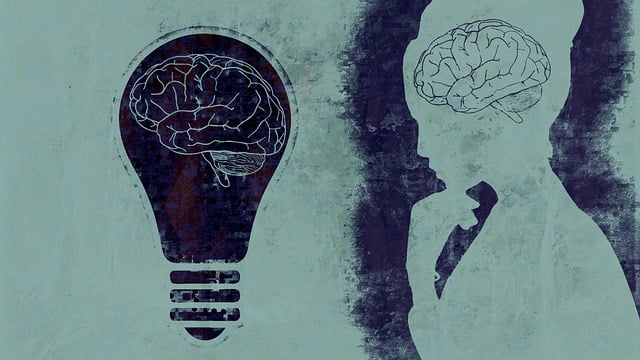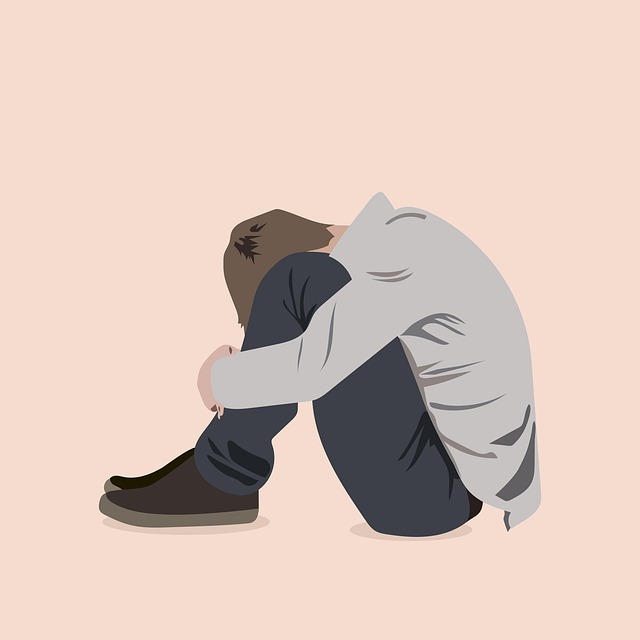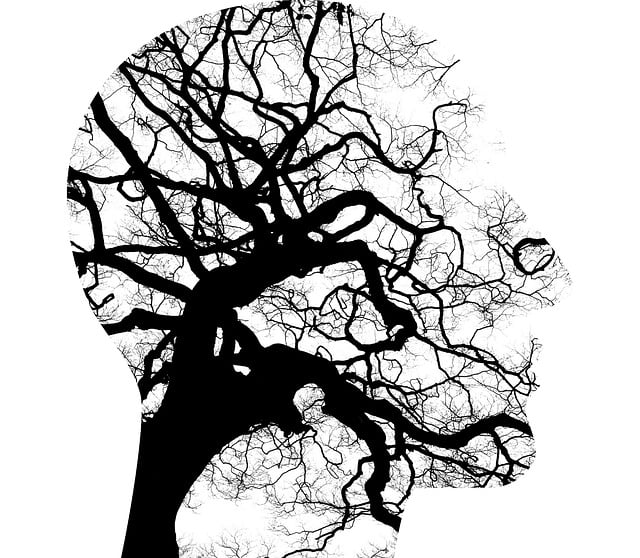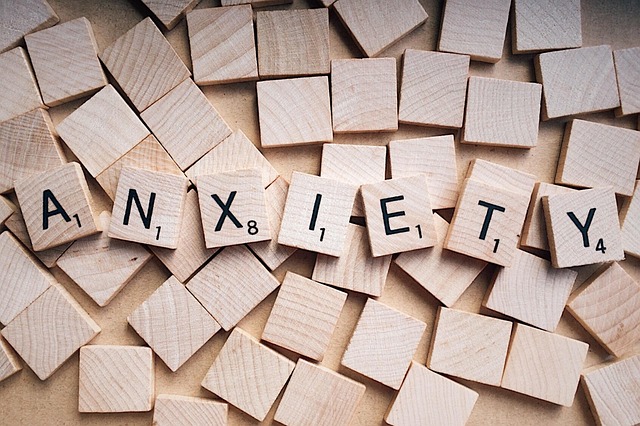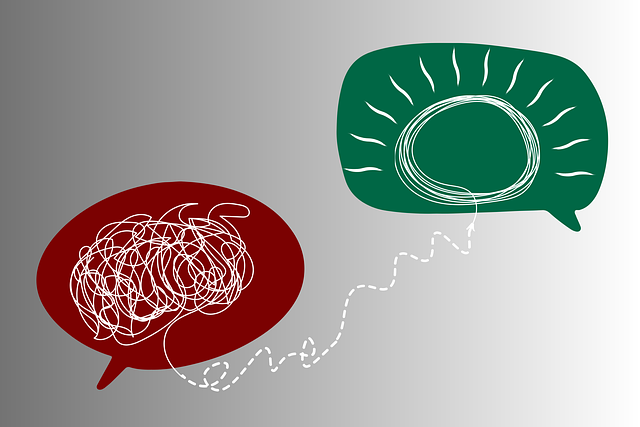Mental illness stigma significantly impacts individuals and societies, leading to discrimination, social isolation, and limited access to resources in Littleton, particularly for couples facing communication issues. To combat this, efforts focus on burnout prevention, emotional regulation strategies, and healthcare provider training. Stigma reduction through education, awareness workshops, peer support groups, and media storytelling is vital for building inclusive communities. Comprehensive policy measures, including anti-discrimination laws and mandated mental health insurance coverage, are needed to protect individuals' rights and encourage therapy access without prejudice, specifically for Littleton Couples Communication Issues Therapy.
Mental illness stigma remains a significant barrier to treatment and recovery, affecting individuals and societies globally. This article delves into various facets of stigma reduction efforts, exploring its causes and profound impact. We discuss the empowering role of education, awareness strategies, therapy, support groups, media representation, and policy measures like ensuring equal access to care in Littleton, specifically focusing on couples’ communication issues related to mental health.
- Understanding Mental Illness Stigma: Causes and Impact on Individuals and Societies
- The Role of Education and Awareness in Reducing Stigma: Strategies and Initiatives
- Therapy and Support Groups: Empowering Couples to Overcome Communication Issues Related to Mental Health
- Media Representation and Storytelling: Shaping Public Perception for Positive Change
- Policy and Legal Measures: Ensuring Equal Access to Care and Support for Mentally Ill Individuals
Understanding Mental Illness Stigma: Causes and Impact on Individuals and Societies

Mental illness stigma is a pervasive issue with deep-rooted causes and significant impacts on individuals and societies alike. It often arises from misconceptions and fear, leading to discrimination and social isolation for those living with mental health conditions. This stigma can manifest in various ways, such as avoidance, judgmental attitudes, and limited access to resources, hindering individuals’ ability to seek help and maintain well-being. In the context of Littleton, where couples may experience communication issues due to underlying mental health struggles, the impact is palpable. Stigma not only complicates personal relationships but also contributes to a broader culture of silence, making it challenging for people to openly discuss their experiences and access effective therapy.
Efforts to reduce stigma are crucial for creating supportive environments and promoting understanding. Burnout prevention and emotional regulation strategies can empower individuals to manage their mental health proactively. Furthermore, healthcare provider cultural competency training plays a pivotal role in ensuring sensitive and inclusive care. By challenging societal norms and fostering empathy, these initiatives aim to transform the way communities perceive and support individuals with mental illnesses, ultimately paving the way for improved access to quality therapy and enhanced overall well-being in Littleton and beyond.
The Role of Education and Awareness in Reducing Stigma: Strategies and Initiatives

Stigma reduction efforts play a pivotal role in creating a more supportive environment for individuals facing mental illness. Education and awareness are powerful tools in this regard, aiming to dispel myths and promote understanding. By implementing various strategies, communities can foster empathy and reduce discrimination. Schools, workplaces, and healthcare settings can organize workshops, seminars, and training programs to educate people about mental health conditions, their causes, symptoms, and available treatments.
Initiatives such as peer support groups, public speaking engagements by individuals with lived experiences, and multimedia campaigns can significantly impact public perception. For instance, integrating mental health education into school curricula or workplace wellness programs can start early conversations. Additionally, training for healthcare providers, including Littleton Couples Communication Issues Therapy specialists, in cultural competency and risk assessment for mental health professionals, ensures that they are equipped to deliver empathetic and effective care while addressing the unique needs of diverse patient populations.
Therapy and Support Groups: Empowering Couples to Overcome Communication Issues Related to Mental Health

In the context of mental illness stigma reduction, therapy and support groups play a pivotal role in empowering couples to navigate and overcome communication issues related to mental health in Littleton. These platforms offer a safe space where individuals can openly discuss their struggles without fear of judgment, fostering understanding and solidarity. Through individual or joint sessions, therapists facilitate dialogue that delves into the unique challenges faced by each partner, be it anxiety, depression, or other mental health concerns. This process not only strengthens their bond but also equips them with essential conflict resolution techniques and mindfulness meditation practices to enhance emotional healing processes.
Support groups specifically provide a network of peers who have shared experiences, enabling members to learn from one another’s journeys. This communal setting encourages open conversations about the complexities of mental illness within relationships, promoting empathy and reducing the isolation often associated with such struggles. By combining professional therapy with peer support, couples in Littleton can cultivate resilience, improve communication, and ultimately, reduce the stigma surrounding mental health discussions within their relationships.
Media Representation and Storytelling: Shaping Public Perception for Positive Change

Media Representation and Storytelling: Shaping Public Perception for Positive Change
The media plays a pivotal role in shaping public understanding of mental illness, often influencing perceptions and attitudes through storytelling. Representations in film, television, news outlets, and social media can either perpetuate harmful stereotypes or offer nuanced, empathetic insights into the lived experiences of individuals struggling with mental health challenges.
When media portrays mental illness accurately and compassionately, it fosters a culture of understanding and reduces stigma. This involves showcasing diverse narratives, promoting empathy through relatable storytelling, and highlighting the effectiveness of treatment and recovery. Integrating Compassion Cultivation Practices (CCP), such as mindfulness and self-compassion, into these stories can further promote positive shifts in public perception. By sharing real-life experiences that include coping skills development, media platforms contribute to Mental Health Education Programs Design that challenge misconceptions and encourage early intervention and support-seeking behaviors.
Policy and Legal Measures: Ensuring Equal Access to Care and Support for Mentally Ill Individuals

Mental illness stigma reduction efforts must encompass policy and legal measures to ensure equal access to care and support for mentally ill individuals. Governments play a pivotal role in enacting laws that protect the rights of those living with mental health conditions, such as ensuring non-discrimination in healthcare settings. Policies that mandate comprehensive insurance coverage for mental health services, including therapy like Littleton Couples Communication Issues Therapy, are essential steps towards breaking down barriers to care.
Moreover, training healthcare providers on cultural competency and emotional regulation can significantly enhance the quality of care. By equipping professionals with effective communication strategies, they become better equipped to understand and address the unique needs of diverse populations. This inclusive approach fosters a supportive environment, encouraging individuals, even those facing Littleton Couples Communication Issues, to seek therapy without fear of stigma or prejudice.
Mental illness stigma reduction is a multifaceted effort that requires collective action. By addressing root causes, implementing education strategies, fostering supportive communities through therapy and media representation, and advocating for policy changes, we can create an environment where individuals like those in Littleton couples communication issues related to mental health receive the understanding and support they need. Initiatives focused on these areas hold the key to breaking down barriers and promoting equality in access to care, ultimately enhancing societal well-being.

